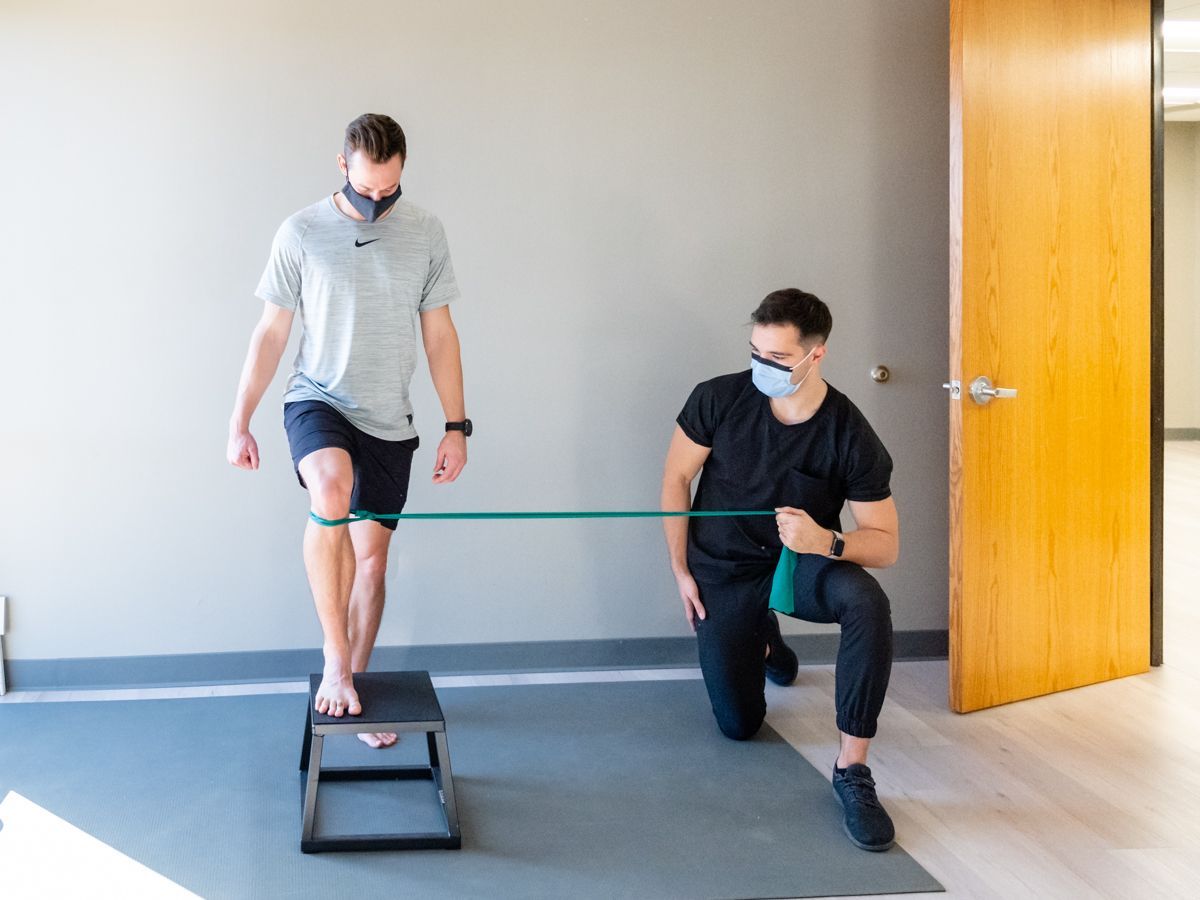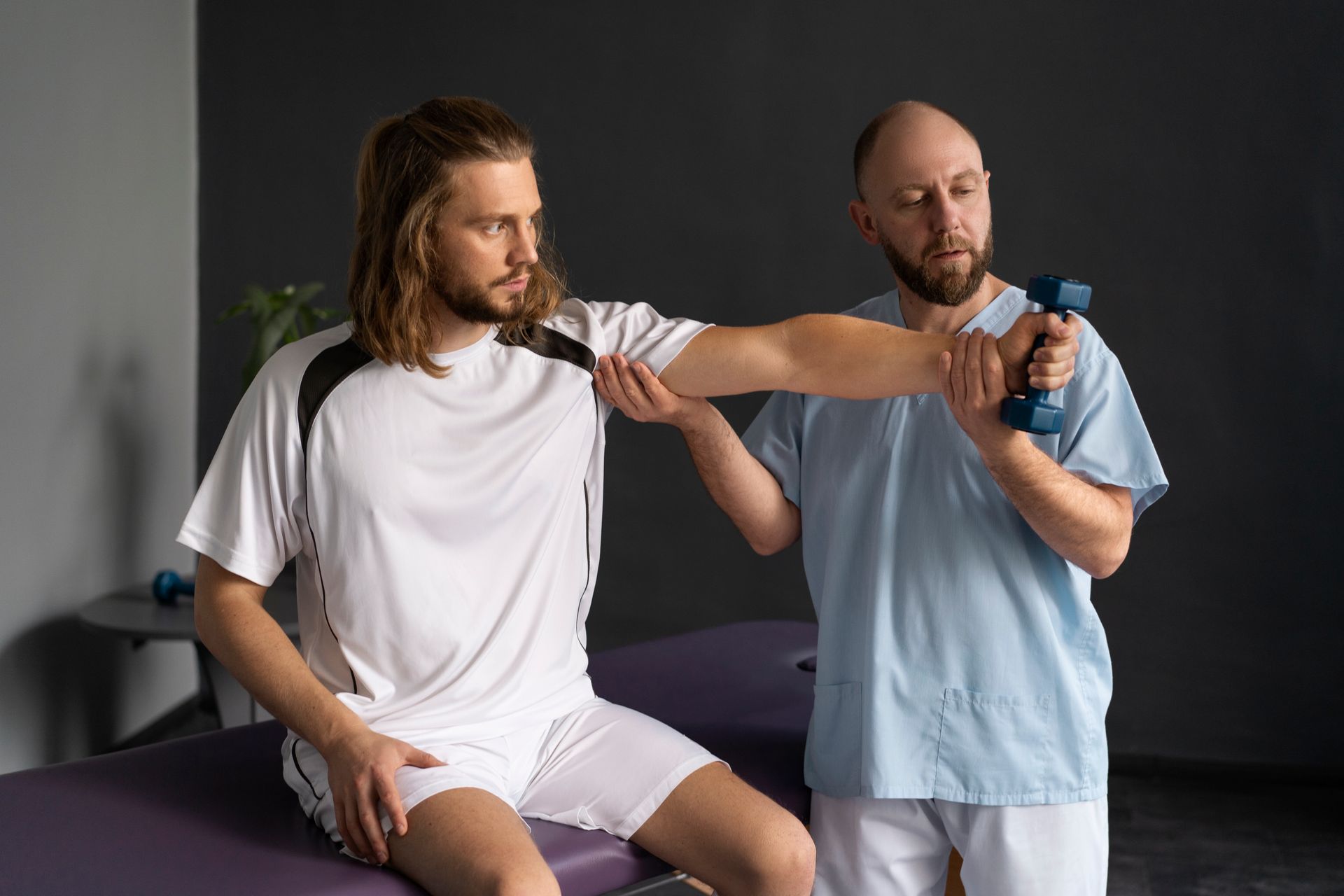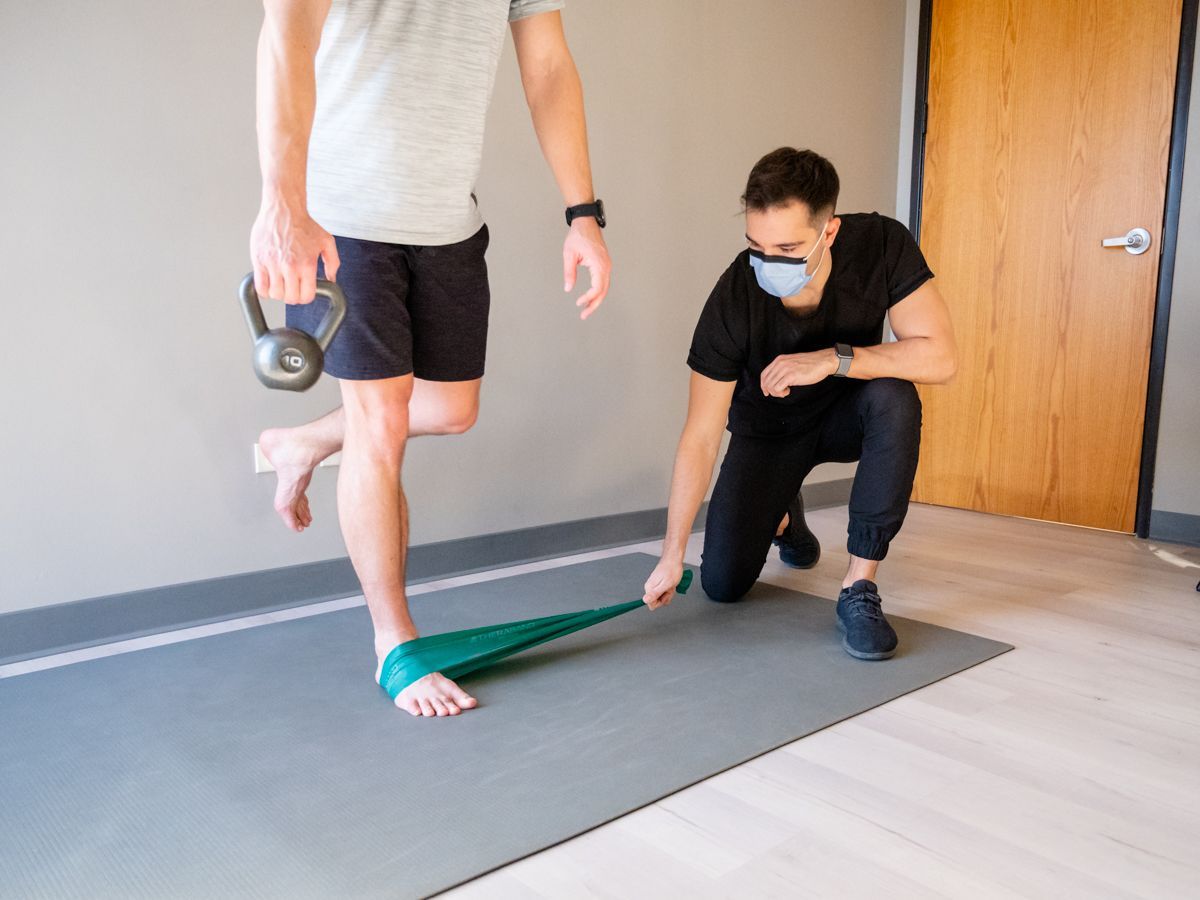By Andrew Pichurko
•
May 12, 2024
Low back pain is a prevalent condition that can significantly impact daily life, and understanding its root causes is essential for effective treatment. As an evidence-based chiropractor, my approach involves pinpointing the specific factors contributing to low back pain through thorough assessment and scientific validation. In this blog post, I'll shed light on several common causes of low back pain from the perspective of evidence-based chiropractic care. Muscle Strain and Sprains: One of the most frequent causes of low back pain is muscle strain or sprain. This often occurs due to sudden movements, lifting heavy objects with improper technique, or engaging in activities that put excessive stress on the lower back muscles. Evidence-based chiropractors focus on addressing muscle imbalances and providing rehabilitation exercises to alleviate strain. Herniated Discs: Disc herniation, also known as a slipped or ruptured disc, can cause low back pain when the inner, gel-like material of a spinal disc leaks out and irritates nearby nerves. Evidence-based chiropractic care may include spinal adjustments to alleviate pressure on the affected disc and promote natural healing. Degenerative Disc Disease: As we age, the discs between our vertebrae can undergo wear and tear, a condition known as degenerative disc disease. This process may lead to inflammation, reduced disc height, and nerve irritation, resulting in low back pain. Evidence-based chiropractic interventions aim to manage symptoms and improve overall spinal health. Spinal Stenosis: Spinal stenosis is a condition where the spinal canal narrows, putting pressure on the spinal cord and nerves. This can cause pain, numbness, and weakness in the lower back and legs. Evidence-based chiropractors focus on non-invasive approaches, such as spinal adjustments and exercise programs, to manage symptoms and enhance mobility. Sacroiliac Joint Dysfunction: The sacroiliac joints, located where the spine and pelvis meet, can become dysfunctional, leading to low back pain. Evidence-based chiropractors employ specific adjustments and mobilizations to address sacroiliac joint issues and restore proper alignment, helping alleviate pain and improve function. Strain from Repetitive Movements: Individuals who engage in repetitive movements or activities, such as bending, lifting, or twisting, may develop strain on the lower back muscles. Evidence-based chiropractic care involves identifying these repetitive stressors and providing targeted exercises to strengthen and support the affected areas. Inactivity and Weak Core Muscles: Sedentary lifestyles and weak core muscles are common contributors to low back pain. Evidence-based chiropractors emphasize the importance of regular exercise, with a focus on strengthening core muscles to provide stability and support to the spine. Conclusion: Low back pain is a multifaceted condition with various potential causes, and an evidence-based chiropractor employs a meticulous approach to identify and address these factors. Whether it's muscle strain, herniated discs, poor posture, or other contributing factors, evidence-based chiropractic care is centered on personalized treatment plans, incorporating spinal adjustments, rehabilitative exercises, and lifestyle recommendations. If you're experiencing low back pain, seeking the guidance of an evidence-based chiropractor can lead to a comprehensive understanding of your condition and effective strategies for pain relief and improved spinal health.









